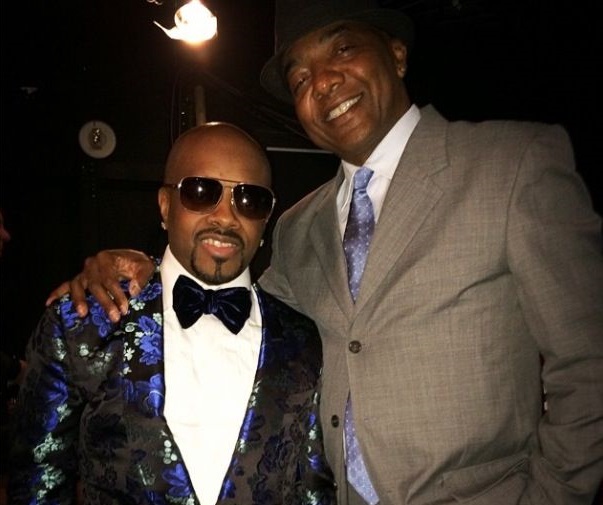As Black Music Month takes its course, it is only right that discussions, thoughts, and actions towards the commemoration of this grand universal musical construct come into play. Music industry veteran Michael Mauldin who is formerly the senior vice president of Columbia Records Group and president of label’s Black music division penned an editorial for Billboard where he breaks down the importance of reviving the Black Music Association.
According to the industry powerhouse, the coming of the Black Music Association is synchronized with the founding of Black Music Month. Black Music Month was started by Kenny Gamble of Philadelphia International and notable artist developer and media strategist Dyana Williams in 1979. The BMA’s mission was to preserve the music’s history and foster its future. The commemorative month was co-signed by then-president Jimmy Carter but the formal legislation did not pass until 2000. Despite Obama’s 2015 deed of declaring June as Black Music Month, it was difficult for industry professionals to contribute to the cause when the beloved soul of a genre was found diluted into nothing over the eras.
You see, the struggles tied with the critical ordeals of Black men and women in America have been molded into a universal treasure of the arts. Mauldin notes the Black experience and overall Black American Music as always being the core relevance of American arts. His experience as a record label head has lured him to witness the artistic devolution of black music genres which are due to the force of mainstream appeal and outside forces.
“BAM (Black American Music) has always been culturally relevant. But once it crosses over into the pop mainstream, market share and a certain degree of misappropriation often come into play,” Mauldin writes. He continues, “For those aware of music history and the origin of most American music, BAM has always been the underrated music of choice that many mimic and for which others frequently take unwarranted credit.”
The truth about most American music genres is that they were all formed out of the “Black American experience,” as Mauldin puts it. “R&B, soul, rock & roll, jazz, gospel, funk and rap/hip-hop are a collection of music styles and lifestyle brands that incorporate the overall influence of BAM and the black American experience,” he recalled.
Between the years 1995-1998, Mauldin was positioned as president of the Black music division over at Columbia Records. His roster was bombarded with acts whose projects all hit platinum and gold status including that of his own son, Jermaine Dupri thanks to Da Brat’s classic Funkdafied. His goal with the division was to distribute tunes that were essential to the classic Black sound and project the rich black experience in modern-day format. “As purveyors and protectors of the black music brand, we were dedicated to spearheading and introducing great music around the world.”
With hip-hop being the highest grossing music genre in the world, and the current boom of streaming which has brought R&B and hip-hop, including classics, arise to the forefront, it is also an appropriate time to bring back and pay honor and respect to the aforementioned Black art forms. In order to do this, the revival of the Black Music Association is the perfect start. Now redubbed as the Black American Music Association, Mauldin along with co-founder Demmette Guidry are on a mission to “develop, recognize, educate, guide, and promote the next generation of artists/musicians and industry executives, while supporting those dedicated to preserving and celebrating the legacy and future of Black American Music.” If you find yourself in a position to contribute to the Black American Music Association visit their website www.blackama.org and make your mark.
